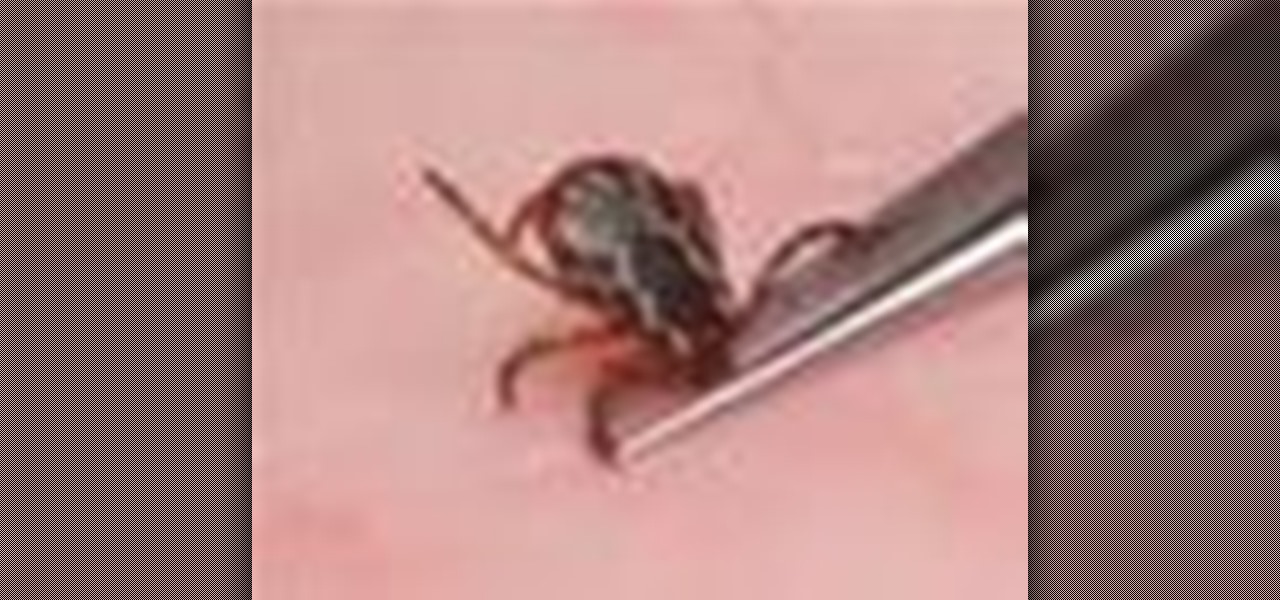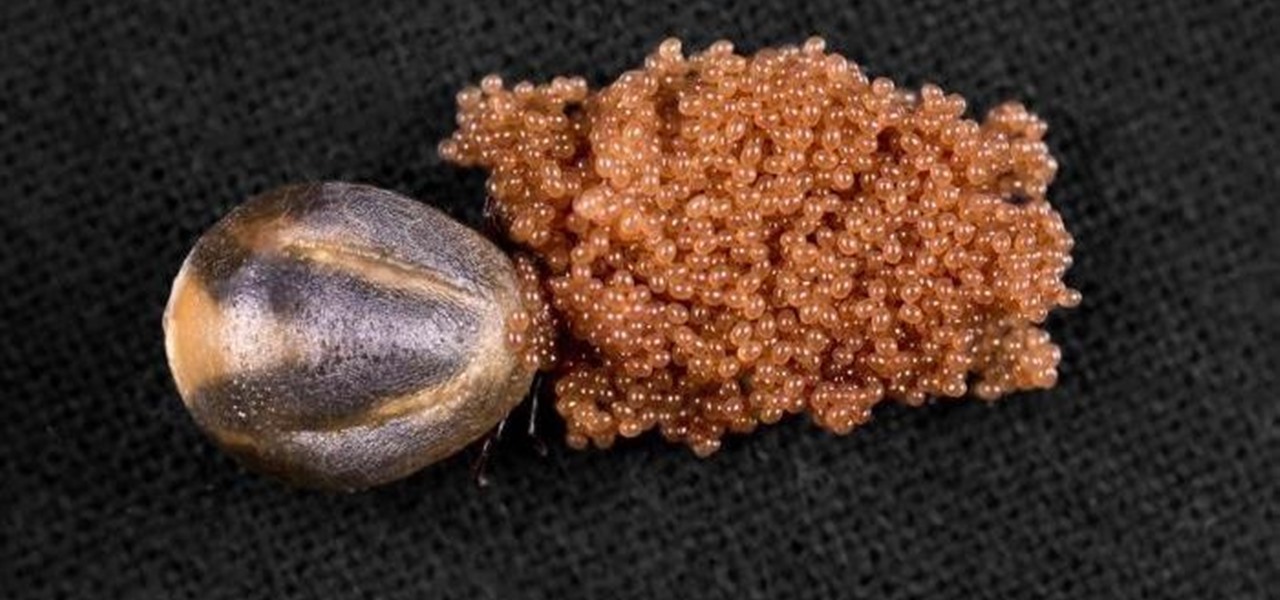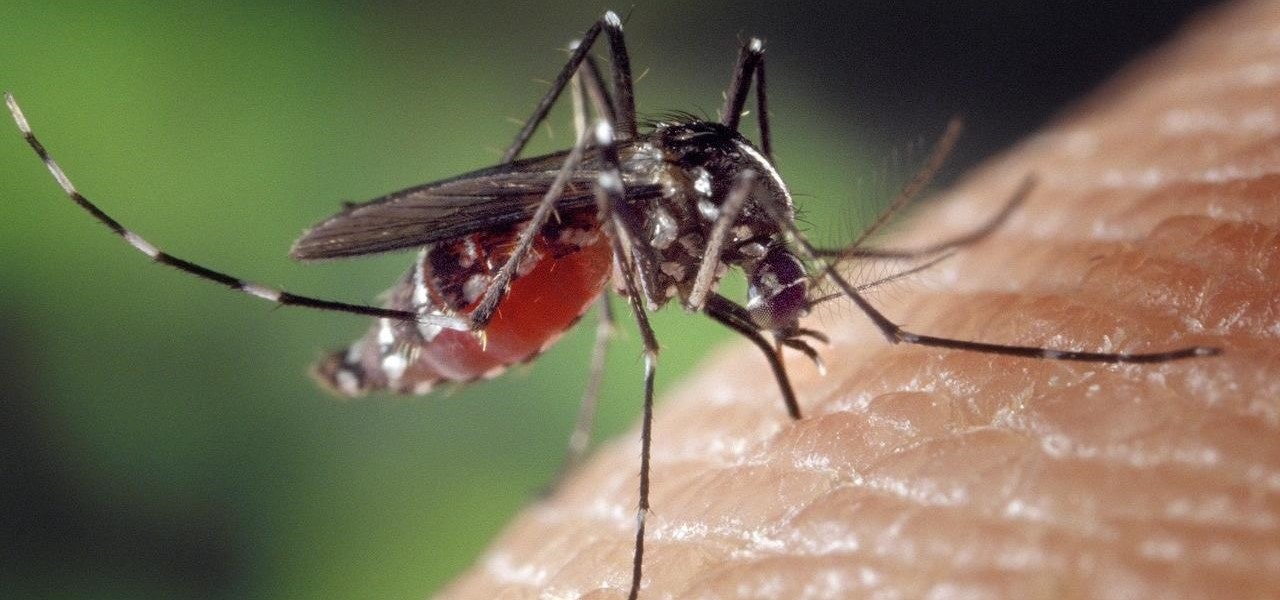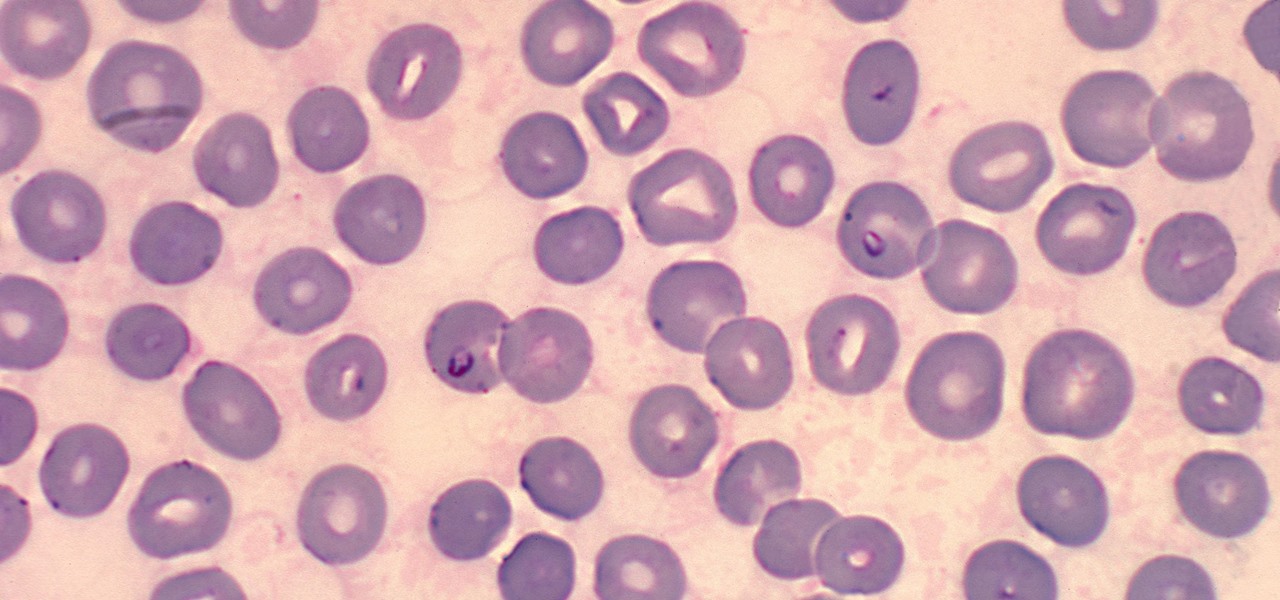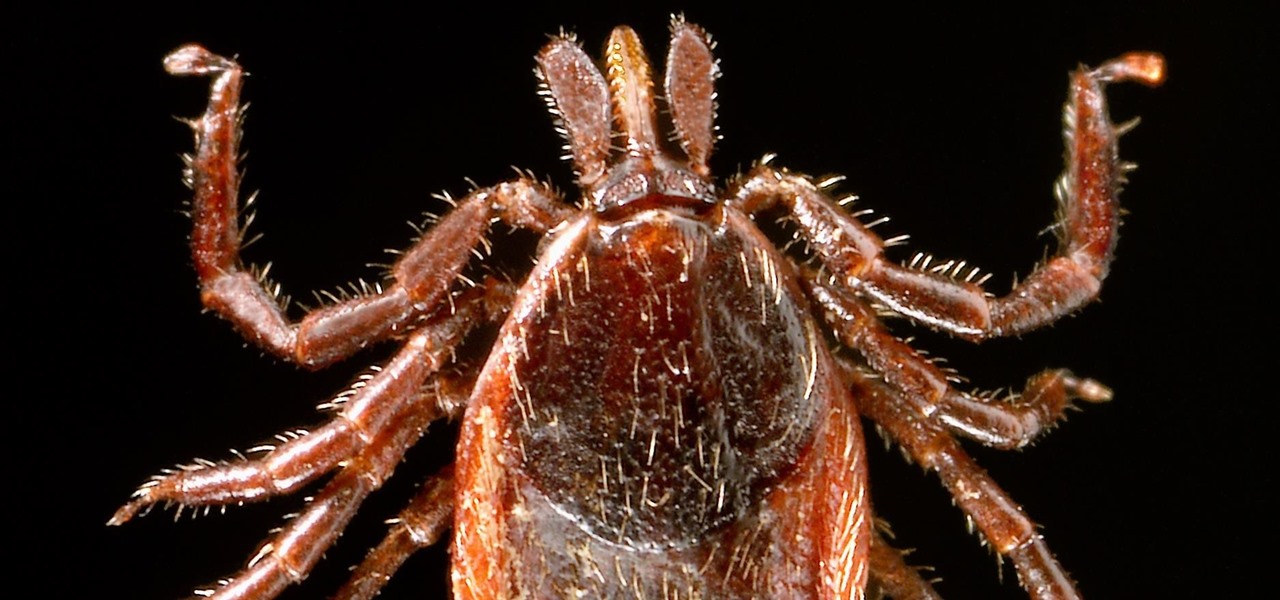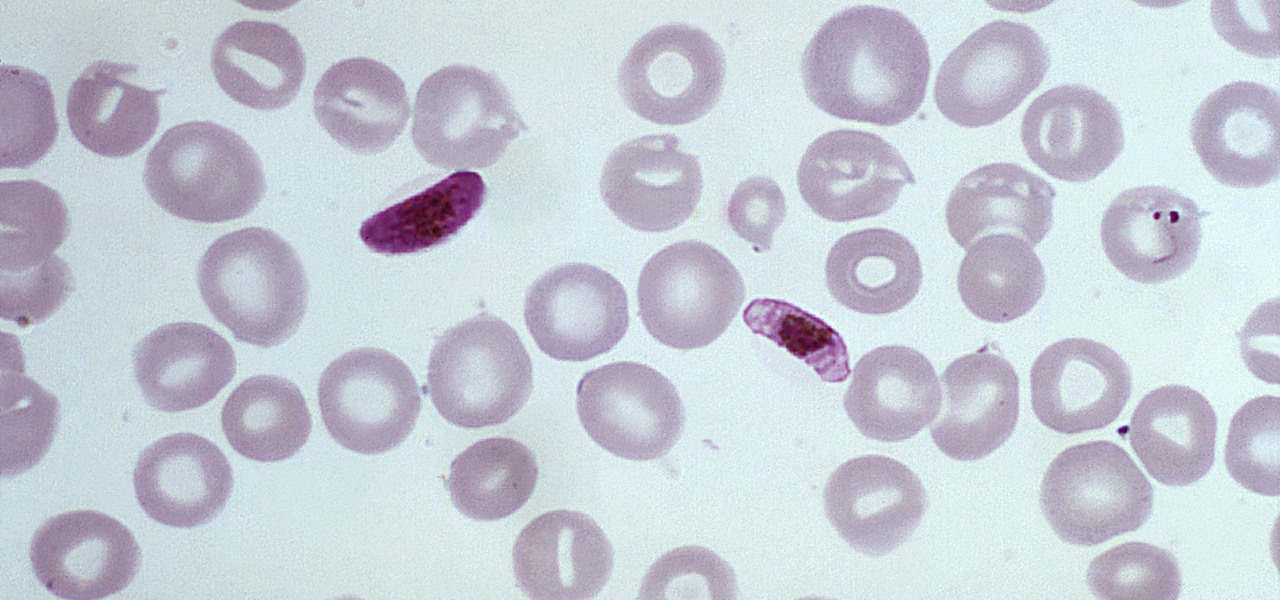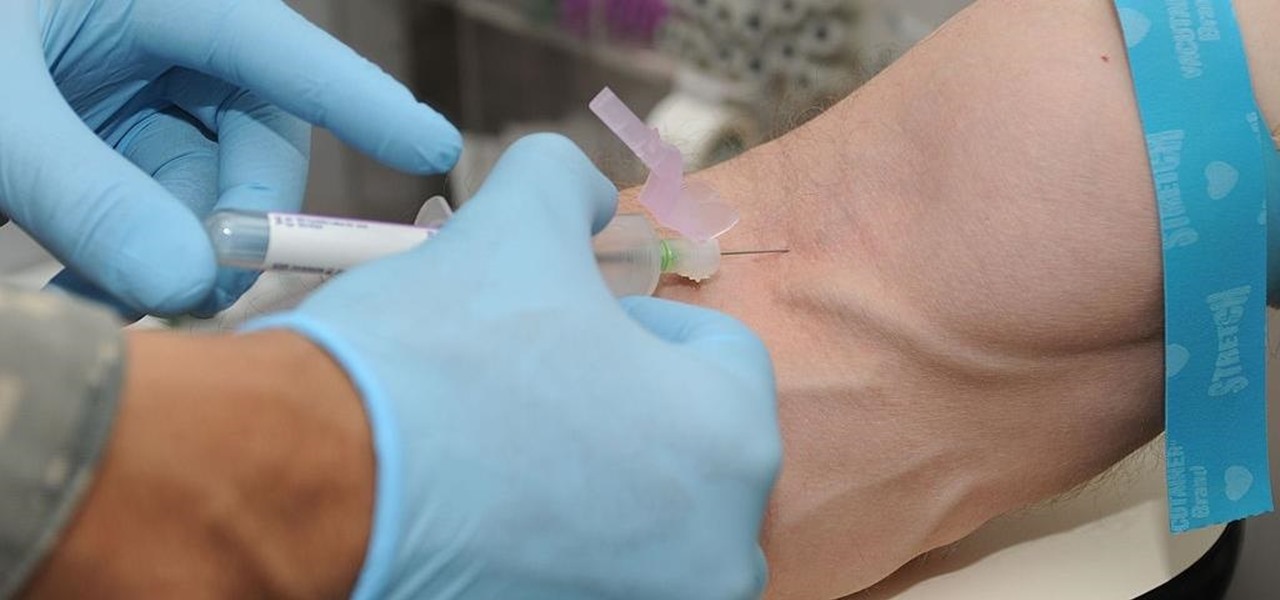
In this video tutorial by Dr Suzann Wang you will learn how to prevent gastroesophageal reflux disease (GERD). It is a hyper or low acidity problem in the stomach. The ph factor measures the acidic or alkaline nature of anything and it has a range of 0 to 14; 14 being highly alkaline and 0 being highly acidic. The stomach acidity tends to be 2. 0 which is pretty acidic. The acidity should be 2. 40. If the acidity is lower, it affects the rest of the digestive system. You can rectify this by t...

Even though flower carpet roses aren't as susceptible to disease as are other rose species, you'll still need to care for them to ensure that they stay healthy. In this horticultural how-to, Dave, of Growing Wisdom, will tell you how to see to it that your flower carpet roses have a healthy summer and fall.

Here is how you can vaccinate a bird by hand. No help needed. This is an age old technique not performed by a veternarian. This is to inject a vaccine in the homing pigeons to protect them from contracting disease. This is a common practice of preventative medicine.

Heart disease is a number one killer, that is why it is important to keep our cholesterol under control. In this how to video Pharmacologist Joe Graedon shows you how to manage your cholesterol with a few home remedies. Did you know that psyllium, niacin, red yeast rice and fish oil supplements can help lower your cholesterol naturally? Watch and learn more about other home remedies such as chocolate, cinnamon, and walnuts and how they can help lower cholesterol also.

Pruning tomatoes is one of the easiest and most beneficial things you can do to increase fruit size and help lessen the chances of disease. The basic method of pruning is to remove the suckers from the leaf axils of the tomato plant. If you remove the suckers you will have larger, sweeter, and healthier tomatoes. If you leave them you will get more tomatoes, but the plant is more susceptible to disease and other health issues. This how to video gives you pruning tips and tricks so you can hav...

A veterinarian explains one of the most commonly encountered respiratory diseases affecting horses. Find out what horses get it, what it is and how to recognize symptoms of strangles. Watch this video veterinary tutorial and learn how to detect strangles in a horse.

Play the new co-operative game Pandemic with tips from this how-to video (no, the game Pandemic has nothing to do with Valentines Day, but don't hearts and flowers always remind you of communicable diseases?).

Protect yourself from Lyme disease without exposing yourself to a lot of pesticides. This how-to video will show you how you can get rid of those ticks before they even bite you.

Today's word is "panacea". This is a noun which means a remedy to cure all diseases or a solution for all difficulties.

This video shows you how to prevent from getting the deadly disease and if you already have it, how to treat it.

These simple steps won't just rid your mouth of unwanted morsels—they'll help prevent gum disease and tooth decay. So don't just stand there—get flossing!

Results of an early-stage clinical trial of an HIV vaccine could mean a hoped-for breakthrough in the battle against AIDS.

In late June, the biggest measles outbreak to strike Minnesota since 1990 seemed to be winding down. Today, public health officials announced a new confirmed measles case in the area.

Heart disease is the leading cause of death of men and women in the US. Over half a million Americans die from it annually. Atherosclerosis — a build up of plaque in the arteries — is a common feature of heart disease and can be caused by smoking, fats and cholesterol in the blood, diabetes, and high blood pressure.

A recent case of Powassan virus has been reported in Saratoga County and may have been the cause of the infected patient's death. It's the 24th case in New York State since 2000, and will be reported to the CDC tomorrow, the NY Department of Health told Invisiverse. The tick-borne illness has no vaccine or specific treatments and can damage the nervous system.

Dengue fever is a danger to anyone living or visiting tropical or subtropical regions. It can be hard to detect the infection in its earliest and most treatable phase, especially in children. Luckily, new research highlights better techniques for triaging the disease in infected children with more severe symptoms, potentially saving lives.

While no longer native to the United States, hospitalization from malaria occurs in this country more than most would believe. Why is that, and what can you do to protect yourself when you travel abroad to regions where malaria is active?

There's now more reasons to make sick workers stay home—a new game theory study suggests adequate hand washing and other illness-aversion tactics aren't as useful as we thought to keep you from getting infected when a virus or bacteria is circulating.

Yellow fever has emerged again in Brazil, causing death and disease to people unprepared for this mosquito-borne illness.

The beauty of southern Europe won't protect it from invasions of disease-carrying ticks and mosquitoes—in fact, the Mediterranean climate and landscape may be part of the reason the bloodsuckers are expanding there, bringing unique and terrifying diseases in their wake.

For some, drinking raw milk is a way to get back to nature, improve family nutrition, and hedge against asthma and allergies. However, according to public health authorities, drinking raw or unpasteurized milk is a big mistake—even fatal. So what's the story?

Transmitted by a sandfly one-third the size of a mosquito, parasitic Leishmania protozoa are responsible for a flesh-destroying disease that kills an estimated 20,000 people per year. Two new studies offer understanding of how the parasite provides immunity through persistence and why some people suffer more virulent forms of the disease.

In the summer of 1976, 4,000 American Legionnaires descended upon the Bellevue-Stratford Hotel in Philadelphia, Pennsylvania, for a four-day convention. Several days later, many of the attendees experienced symptoms of severe pneumonia. By the beginning of August, 22 people had died. The Centers for Disease Control and Prevention (CDC) estimate that about 180 people were sickened and 29 people died before this mysterious outbreak burnt out.

Using mathematical modeling, researchers suggest weather and warming created the "perfect storm" that drove the Zika outbreak in 2016.

Sepsis is not only a gross sounding word but also a deceptively dangerous and fatal infection. Which is why more than 40 hospitals nationwide are coming together to a new collaboration to help reduce sepsis mortality, named Improving Pediatric Sepsis Outcomes (IPSO).

A sometimes serious disease spread by fleas is making inroads in Texas, quietly doubling case numbers since 2008, and beginning to encroach on larger metropolitan areas.

Appendicitis is one of the most painful and potentially dangerous maladies that can afflict a modern Western person, and recognizing the symptoms early is key to treating the disease and ending the pain. Watch this video for signs to looks for to tell if you or someone else is suffering from appendicitis. If they are, get them to the hospital now.

There are a lot of things that can cause decline in plants. Some are caused by insects or diseases and some are caused by environmental conditions, known as abiotic factors. Consequently, it can be hard to diagnose which, or what combination, of the above factors are resposnible for the poor health of your plant. In this green video tutorial, you'll learn how to troubleshoot plant problems. To learn what it takes, take a look.

The U.S. Centers for Disease Control estimates that 73,000 people contract E. coli O157:H7 each year. The primary source of these illnesses is ground beef that has been improperly handled and cooked. Watch this video to learn how you can avoid the spread of this bacteria.

If you've had long-standing heartburn, your doctor may order a test called an endoscopy to evaluate for signs and symptoms of something called gastroesophageal reflux disease. Endoscopy is a painless procedure that usually takes place in the morning. The preparation for endoscopy usually involves fasting after midnight the night before the test.

While topping your cake or cupcake with icing is easiest done using storebought icing, we're sorry to inform you that most grocery store icing has high amounts of saturated fat and even trans fat, both of which clog your arteries and contribute to heart disease. Not so appetizing now, is it?

A virus easily spread among trout and salmon could make it harder to keep your favorite fish on the menu.

Rising on the world stage, dengue fever is transmitted by mosquitoes — and apparently air travel too.

As our cells age, they eventually mature and die. As they die, they alert nearby cells to grow and multiply to replace them. Using a special imaging process that combines video and microscopy, scientists have observed the cellular communication between dying and neighboring cells for the first time, and think they may be able to use their new-found information against cancer cells, whose damaged genomes let them escape the normal dying process.

Type 1 diabetes is an attack on the body by the immune system — the body produces antibodies that attack insulin-secreting cells in the pancreas. Doctors often diagnose this type of diabetes in childhood and early adulthood. The trigger that causes the body to attack itself has been elusive; but many research studies have suggested viruses could be the root. The latest links that viruses that live in our intestines may yield clues as to which children might develop type 1 diabetes.

It is not just a bad summer for ticks — it has been a bad decade for the spread of tick-borne infections. New surveillance from the CDC reports rapid expansion and increase in cases of babesiosis, a sometimes life-threatening disease, in Wisconsin.

If you know that ticks spread Lyme disease, you may already know you might also catch a bunch of other infections from them. One of the lesser-known diseases spread by ticks is infection with the bacterium Anaplasma phagocytophilium, called anaplasmosis.

The Centers for Disease Control and Prevention estimated that there were 212 million cases of malaria across the world in 2015, and 429,000 of those people died — mostly children living in Africa. Preventing and treating those infections has been a challenging world priority. That makes a new malaria drug discovery — published in Science Translational Medicine — incredibly important.

Wound infections don't usually enter the blood and become systemic, spreading the infection throughout our bodies, and there's a good reason for that: Our bodies actively work to prevent it, according to research that discovered a new use for a protein first discovered decades ago.

US blood banks have assured the American public that they have the tools to prevent a Zika contamination, despite the rapid spread of the disease.









